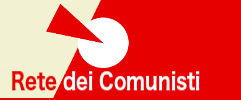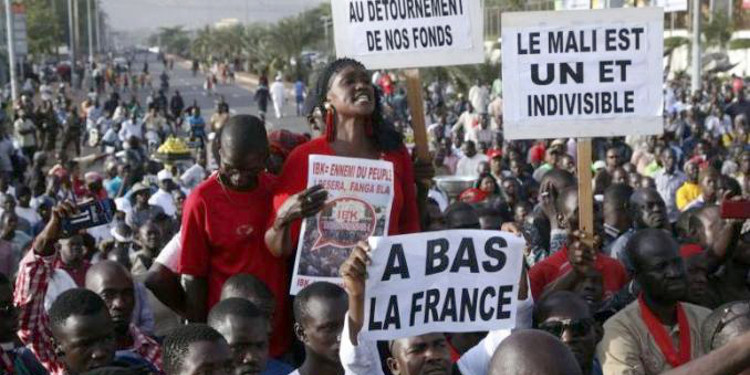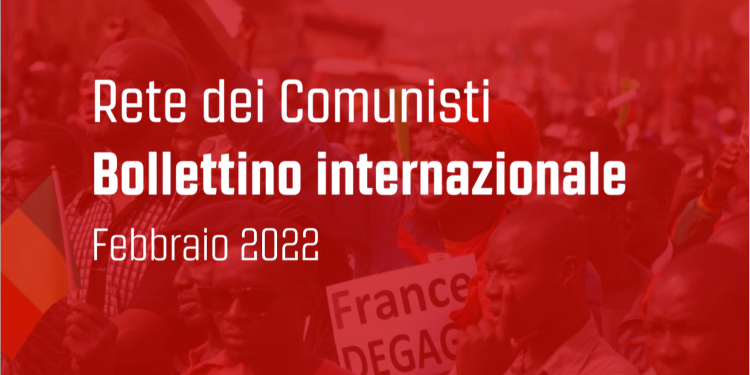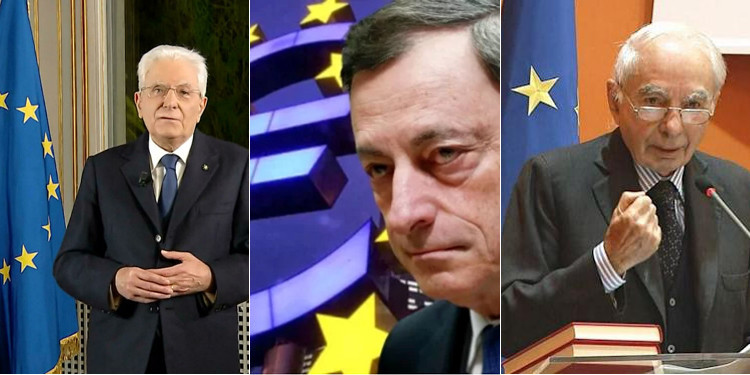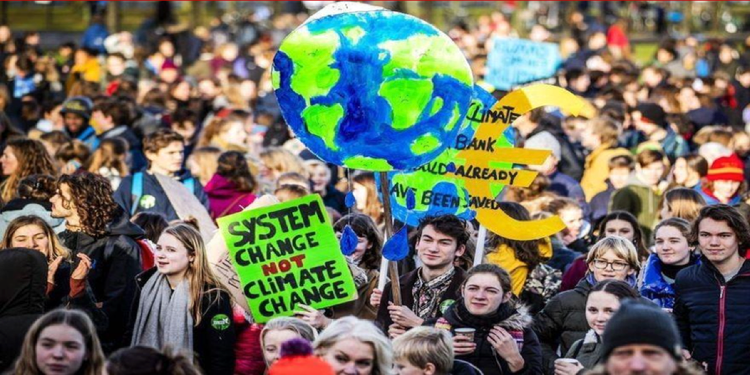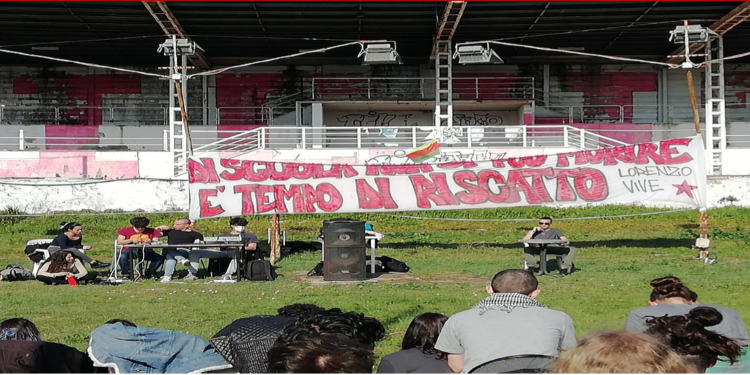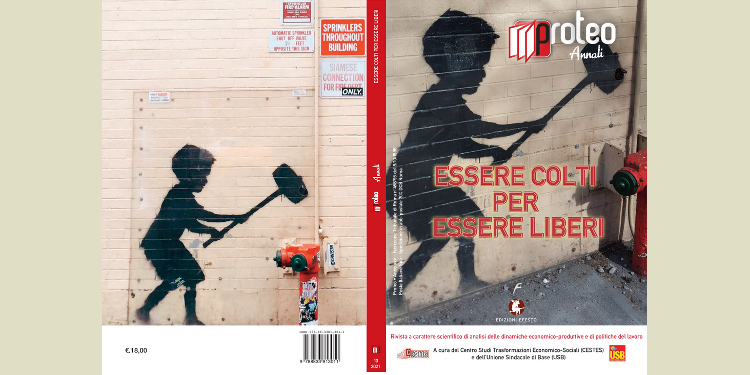| english | español | français | italiano |
Sergio Cararo, Contropiano.org
A few days ago in Rome, there was an information conference on the popular uprising in Sudan against the military coup.
The meeting was organised by the Rete dei Comunisti together with the Sudanese Community in Italy, which a few days earlier had participated and spoken at demonstrations against the sanctions against Mali called in Milan and Rome by various pan-Africanist forces active in our country.
Journalists and activists from the Sudanese diaspora of associations and political forces of the opposition explained both the recent history of the country, from independence in 1956 onwards, and the current situation that sees a very tough popular resistance to the coup, but above all the determination not to accept compromises with the military as the UN would like.
Researcher Jacopo Resti and other representatives of the African diaspora in Italy, in particular from Mali and Guinea, also took part in the debate. In these two countries there have been repeated coups d’état that, with different degrees, have seen the condemnation and in some cases the sanctions of the European Union and Cedeao (the Economic Community of Central African Countries well controlled by Paris and Washington).
“The decision to freeze Mali’s national assets thus clearly bears the imprint of the leaders of the UEMOA countries, most of which are subservient to France. It was however approved and announced by ECOWAS, currently under the Ghanaian presidency,” Fanny Pigeaud and Ndongo Samba Sylla explained on Contropiano.
But the young Africans who intervened were keen to point out that not all coups are the same. Some aim to restore or impose privileges exclusive to this or that power group, others open the way to freeing the country from the asphyxiating colonial control exercised in that area, especially by France. The expulsion of the French ambassador from Mali and the request for the removal of foreign military contingents (including an Italian one, editor’s note) are a clear demonstration of this.
So how should we assess the return of coups in Africa, as happened recently in Sudan, Chad, Mali, Guinea Conakry or Burkina Faso or in the failed coups in Niger and yesterday in Guinea Bissau? With the same yardstick or by trying to understand what needs and interests inspired them, differentiating what needs to be differentiated and analysing the consequences that they may produce?
It would be a good idea, among other things, to remind Europe that some coups such as those in 2011, in Libya against Gaddafi and in Côte d’Ivoire against Gbagbo, saw the direct military participation of France.
One of the elements that emerged from the speeches, which also recounted different realities, is that one of the factors of crisis but also of emancipation in African countries is the question of the state
Colonialism has systematically acted to weaken or destroy the fragile state entities that emerged from decolonisation and African countries’ struggles for liberation. If it had to plunder the resources of territories rich in them, European colonialism, like all the others, acted to break up existing states, weaken them, reduce them to often ethnic enclaves in conflict with each other and choose from time to time the interlocutor with the various actors (military sectors, paramilitary gangs, tribal groups) to bargain for the most advantageous price for control of the most resource-rich areas.
On the contrary, the unified and centralised states have often seen an increase in the temptation to negotiate hard with the multinationals, and with the states that support them, from less submissive positions, perhaps asking for higher royalties on extraction or passage rights or allocating public funds to development rather than to the payment of foreign debt or obedience to the anti-grassroots diktats of the IMF.
In the weakness of post-colonial African states, often the only structured apparatus has turned out to be the army.
It is here that serial dictators and murderers have been produced, but also leaders and heads of anti-colonialist states. The army gave the possibility to study, to go around the world to train but also to better understand the mechanisms that determine international relations. Moreover, the armed forces are often the biggest ‘business’ of their countries, also in economic terms. In short, in the armed forces of weakened or disintegrated states, viruses are produced, but also antibodies. Colonialism prefers to interact with the former, and instances of emancipation with the latter.
In Africa, therefore, there is a strong need to have a state worthy of the name and capable of guaranteeing security and redistribution to all its citizens, even if they belong to different ethnic groups. And sometimes this guarantee is offered more by sectors of the local armed forces than by Western interference, whether governmental or non-governmental, which thrives precisely on the weakness and disintegration of African states.
Equally interesting are the ambitions for new forms of regional integration unrelated to those imposed by modern colonialism, ambitions that are growing in the name of a pan-Africanism that is making a comeback among the new generations and which is now also clearly visible in the African diaspora in Europe, which it would be a tragic mistake to reduce to a mere question of ‘immigrants’.
The other reflection that emerged from the speeches is the different perception in Africa of the figure of Gaddafi. Isolated and little appreciated by Arab and Western governments, Gaddafi was much more appreciated in African countries. We can say that he had more successfully embraced pan-Africanism than pan-Arabism. His attempts to set up an African Bank free of French and IMF interference must have led to his death sentence, which was carried out in October 2011 after a coup d’état instigated by France and Great Britain above all, but also by Giorgio Napolitano’s Italy.
The discussion in the conference should undoubtedly be seen in connection with the speeches heard in the streets during the demonstrations in Rome and Milan against the sanctions against Mali. “When you know that the interests of Western imperialism (particularly French imperialism) can feel threatened, you can understand what the real reason is for the “punishment” that Mali is suffering” wrote African activist François Farafín Sandouno in the pages of Contropiano.
There is therefore every potential – and need – to look at Africa’s anti-colonial emancipation aspirations with new eyes, freed from Eurocentrism and based on a modern internationalism. The information, training and initiative work that the Rete dei Comunisti is developing is taking the right steps.
It is a due act especially for European communists, because the European Union and the large monopolistic groups for which it was set up, now openly consider Africa and its resources as “their own backyard” to be exploited and controlled, just as the US has done and believes it should still do in Latin America. And it is precisely on the basis of this analysis that in recent years the proposal for a Euro-Afro-Mediterranean Area has been put forward as an alternative to the European Union in political and economic terms.
Not only that. Colonialism was born in Europe and also on this has built its Eurocentric ideological model still hegemonic – including in the European left – that must be undermined from the ground up, even and especially in the new generations of activists, militants, revolutionaries of the 21st century, whether European or African or Middle Eastern.
Chatting with a comrade at the end of the conference, we said: “We need the Tricontinental like bread”, that is the international anti-imperialist organisation that in the 1960s and 1970s supported all the liberation struggles in Africa, Asia and Latin America. Few people know this, but the Tricontinentale is still active today and publishes a website full of information and analysis.
First imperialism and then imperialisms, in these decades of hegemony, thought they had made a clean sweep, but they didn’t succeed – not even in Africa – and now they look at all this with growing fear. If Latin America has decided to no longer be the transitional patio of the United States, in Africa there is a growing drive not to want to be the backyard of the European Union.
